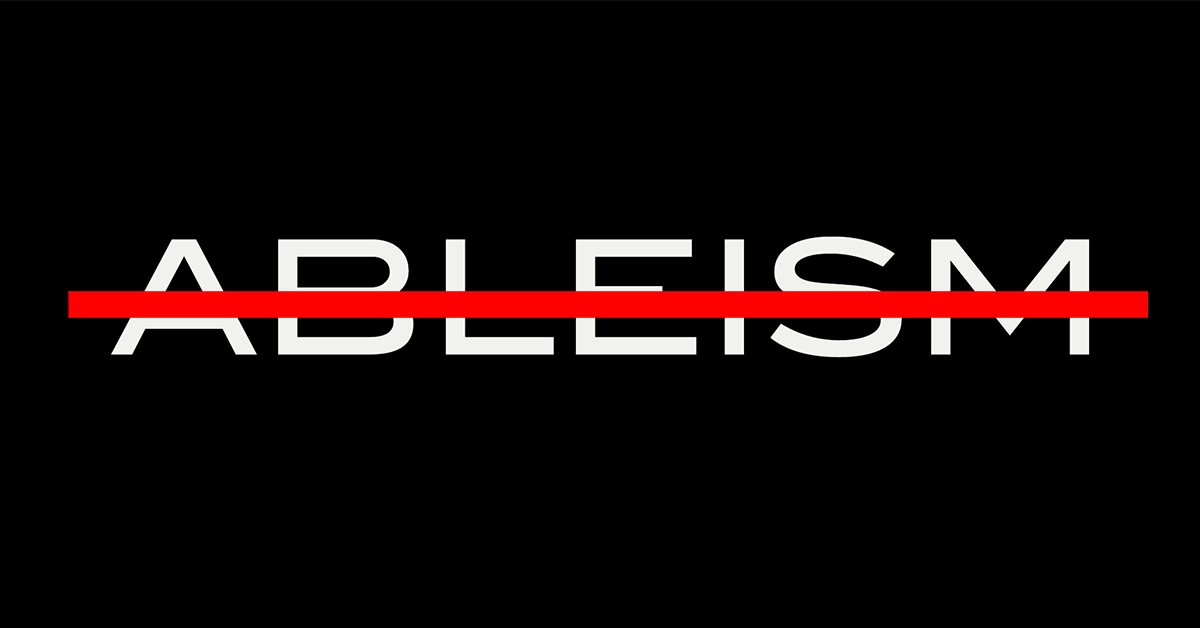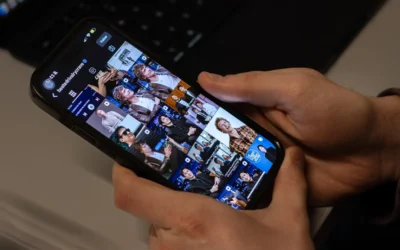Sexism. Racism. Homophobia. Transphobia. I’m sure that most, if not all, of these words elicit an emotional response in you because you’ve heard them used and you understand that they can cause irreparable harm to those whom they target.
But what about ableism?
Simply stated, ableism is the systemic oppression of people who have disabilities. Now, you may be thinking to yourself that you would never park your vehicle in a parking stall that is clearly labelled for people with disabilities. Maybe you only use the front seats of the bus labelled for people who have mobility issues when all the seats at the back are full, and you always offer your seat when someone who appears to have a physical disability boards the bus. However, what you may be forgetting is that not all disabilities are visible.
Many people suffer from non-visible disabilities. There are a number of non-visible disabilities, many of which your classmates bring with them to the classroom, and these can be the cause of many difficulties. Learning disabilities, such as dyslexia and Attention Deficit Hyperactivity Disorder (ADHD), affect approximately 10 per cent of the population. There are also many other disabilities that can affect your fellow students in the classroom, such as various neurological disorders including epilepsy, migraines and other headache disorders, and traumatic brain injuries. In order to treat these disorders, sufferers must often rely on a large cocktail of medications, and, to be able to succeed in their classes, they often must put in much more time and effort than an able-bodied classmate.
So, if there’s a student in one of your classes who takes longer to respond, or who seems to ramble, please do not push them. It may take them an incredible amount of strength to get up the courage to speak because they face ableism every day of their lives. They may be unsure of themselves. You may be frustrated and let out an exasperated sigh. But you could be making the classroom an unsafe place for students with disabilities, because something as simple as that sigh would be a micro-aggression against a person with disabilities and would mean you are being ableist.
Do not roll your eyes when a student speaks up or asks for clarification. Remember that you don’t know their story. You don’t know what they’ve been through. You don’t know the struggles that they face every single day of their lives.
Most importantly, remember that we are all students at the same post-secondary institution and we are all paying the same price to be able to attend this university. Students with disabilities have just as much right to a space in the classroom as you do, and they have the right to be there without feeling threatened. Instead, be thankful that you are able-bodied and that you don’t face the same struggles that your classmate has to overcome.





0 Comments